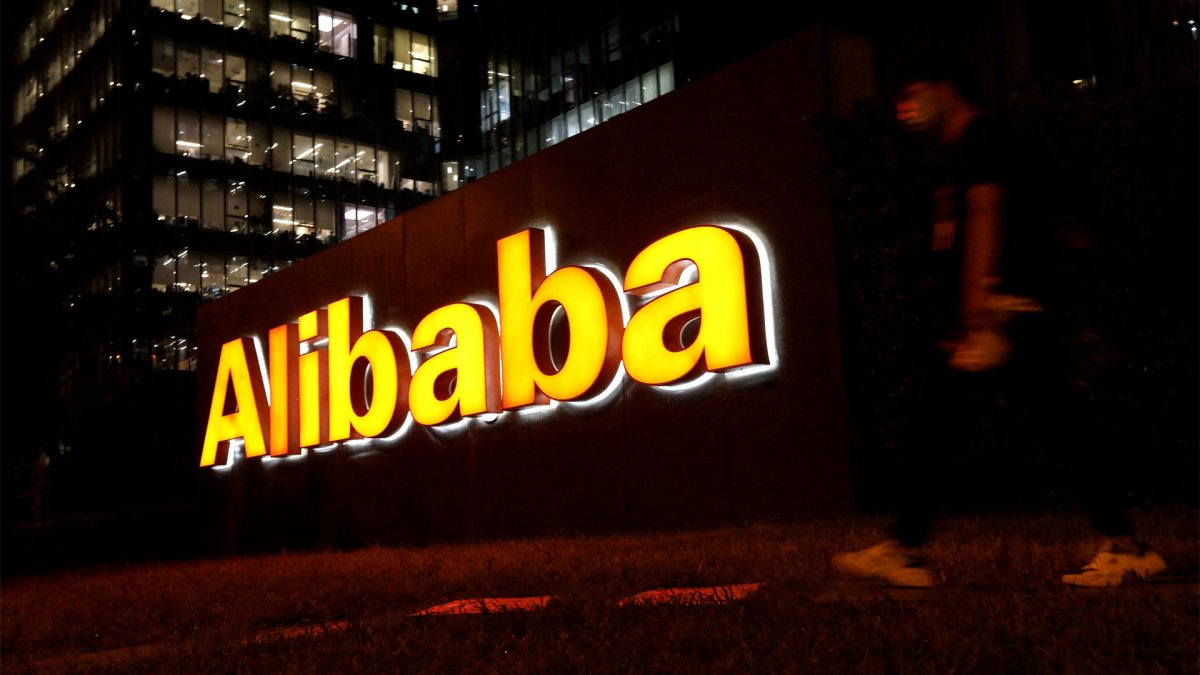Alibaba Group Holding Ltd. said Monday (May 26) that its new Taobao Instant Commerce platform has exceeded 40 million daily orders less than a month after its launch, signalling the Chinese e-commerce giant’s aggressive expansion into the highly competitive world of ultra-fast delivery.
The service, integrated into Alibaba’s flagship Taobao app, leverages the company’s food delivery subsidiary, Ele.me, to fulfill a growing consumer demand for near-instant purchases. The development marks Alibaba’s latest bid to close the gap with rivals JD.com and Meituan in China’s rapidly evolving “instant commerce” market– where items ranging from groceries to electronics are delivered in as little as 60 minutes.
Alibaba launched its instant delivery push earlier this month, and within days reported that daily orders had reached 10 million during a major promotional campaign. The subsequent surge to 40 million orders only shows the strength of the new strategy and the scale of logistical infrastructure Alibaba has at its disposal.
Fierce competition in “instant commerce”
The move comes amid fierce competition in the sector. JD.com and Meituan have spent years building sophisticated warehousing and delivery networks, giving them an early lead. Now, with Alibaba leveraging Ele.me’s existing courier base and integrating merchants directly into Taobao’s core shopping interface, analysts say the battle lines have shifted.
With Alibaba’s expansion into the sector, the three companies are forming a “triopoly” in the instant commerce market, said Chen Liteng, an analyst at market consultancy 100ec.cn. Alibaba, JD.com, and Meituan are now the dominant players, and the competition is likely to intensify.
Instant commerce, or on-demand retail, has become one of the fastest-growing sectors in China’s digital economy. According to SDIC Securities, the market is projected to grow 29 per cent this year to over 1 trillion yuan (US$137.5 billion). While still smaller than the food delivery sector, which is forecast to hit 1.65 trillion yuan by 2025, analysts expect instant commerce to eventually surpass it in revenue, driven by broader product categories and expanding consumer use, South China Morning Post reported.
The emergence of the model points to the move of Chinese internet companies toward services that tightly link online platforms with local delivery. It also comes as companies look to differentiate themselves amid slowing e-commerce growth and consumer caution in a post-pandemic environment.


)

)
)
)
)
)
)
)
)



